Jakarta, MINA — The World Bank has promised up to $1.4 billion to help Indonesians rebuild their shattered lives following twin earthquakes that have devastated the resort island of Lombok, and then the central Sulawesi city of Palu.
The pledge from the Bank was made as the annual meetings of the International Monetary Fund and World Bank on the island of Bali wrapped up on Sunday.
Also Read: Saudi Arabia Wins Bid to Host World Expo 2030
And just over two weeks ago, a magnitude 7.5 earthquake and tsunami up to six metres high struck in central Sulawesi, smashing the city of Palu and nearby towns including Donggala and Sigi.
As of Thursday, the death toll from that disaster stood at 2073 people but as many as 5000 people are still missing and their bodies are unlikely to ever be recovered. The search and rescue effort in Palu has now officially ended.
Whole neighbourhoods in Palu suburbs such Balaroa and Petobo were wiped out by soil liquefaction, and it is likely these areas will be turned into mass graves.
A preliminary assessment by the Bank of the damage done to Palu estimated the value of the infrastructure, homes and others property damaged at approximately $746 million – $254 million of that constituting damage to homes, $259 million to other property and $231 million in damage to infrastructure.
Also Read: 148 Products from Indonesia Promoted at Sarawat Superstore Jeddah
The money promised by the Bank on Sunday would be used to aid the massive relief and reconstruction efforts already underway in Lombok and Palu.
Robust and impressive
World Bank chief executive Kristalina Georgieva said, following a visit to Palu on Friday, that she had been humbled to hear the stories of those who had their lives devastated.
Also Read: Packaging Industry Supports Halal Ecosystem
“The government’s immediate relief efforts are robust and impressive. As we enter the reconstruction phase we are making up to $1 billion of comprehensive support available for Indonesia. The best memorial to those who lost their lives is build back better,” she said.
The $1.4 billion aid package could also allow for cash payments to 150,000 families affected by the disaster, and could also include financing to rebuild housing and critical public infrastructure such as hospitals, schools, bridges and roads.
Indonesian Finance Minister Sri Mulyani Indrawati said her government appreciated the support of the international community in our time of need, including from the World Bank Group.
“Restoring lives and livelihoods of the people affected by natural disasters is the government’s utmost priority,” she said.
Also Read: Indonesia-Japan Agree on Energy Transition Cooperation
Survivors in some of the hardest-hit areas of Sulawesi and Lombok have been sharply critical of the Indonesian government’s handling of the disaster response, complaining that aid has taken too long to get to them and has been insufficient.
After Lombok, the Indonesian government refused offers of international assistance from other governments and placed heavy restrictions on what international aid groups could do.
It did allow aid from national governments including Malaysia, Singapore, Australia, the UK in after the Palu earthquake, but only after days of dithering – and the Australian team sent in, for example, has already (T/RS5/RS1)
Mi’raj Islamic News Agency (MINA).
Also Read: Dubai Expo 2020 Holds Special Event for Palestine





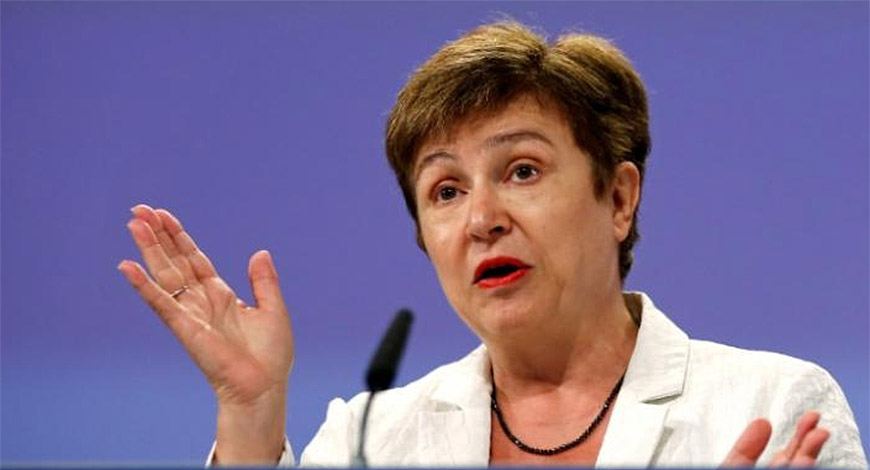


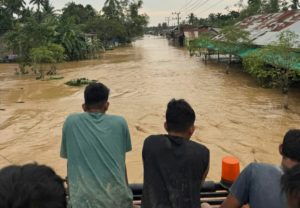
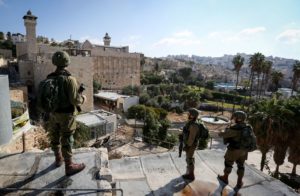
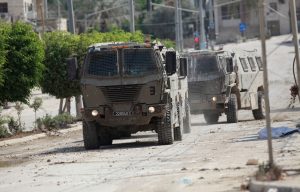



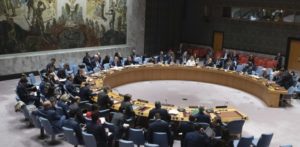

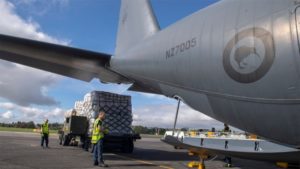














 Mina Indonesia
Mina Indonesia Mina Arabic
Mina Arabic